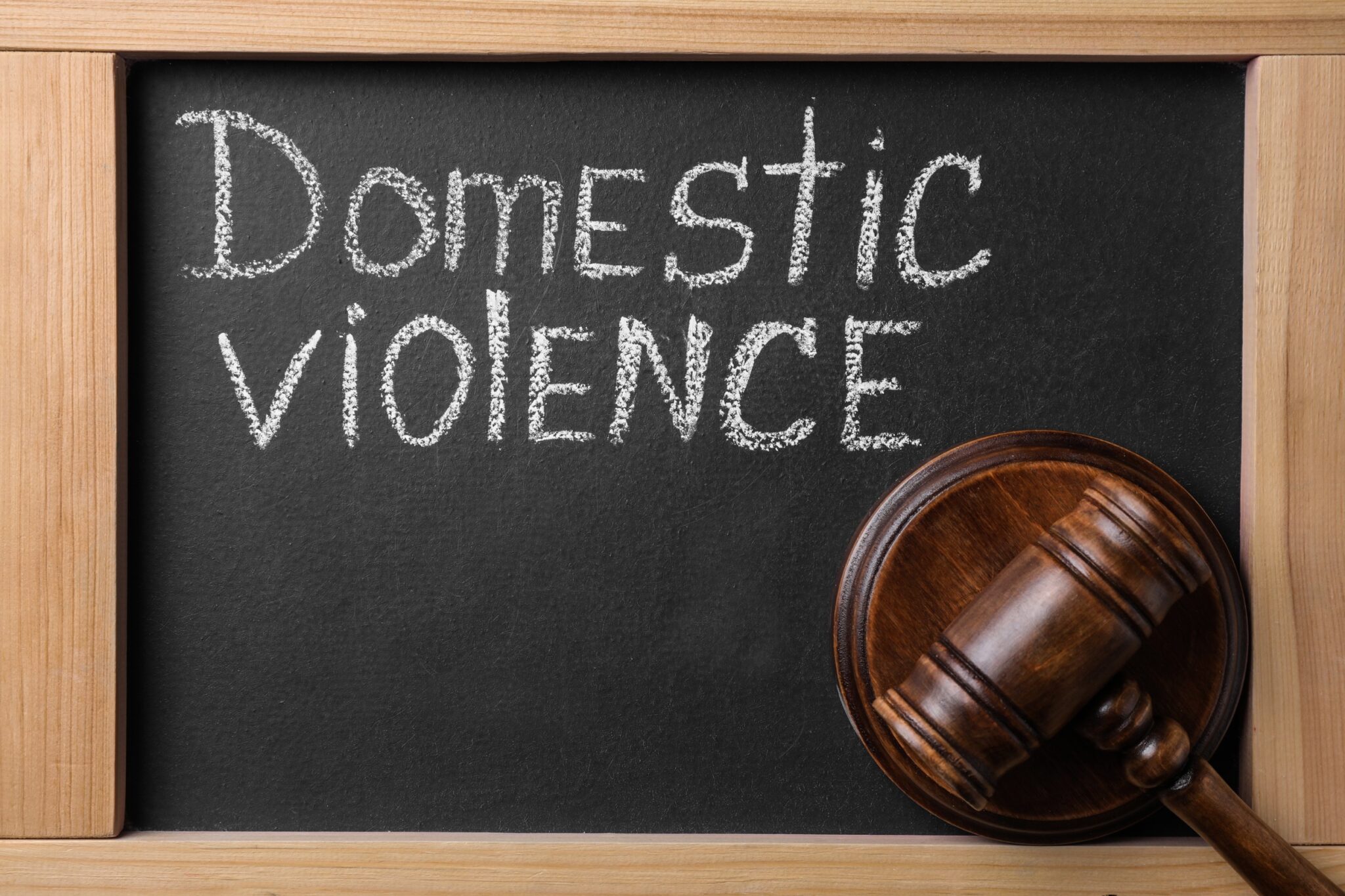Domestic Violence: Understanding the Crime and Defenses
Domestic violence is a type of crime that involves gaining power and control over another person. It can occur in intimate relationships, such as marriages and dating relationships, as well as between family members, such as parents and children.
Domestic violence can take various forms. It may include the following acts:
- Physical abuse. This includes hitting, slapping, punching, kicking, strangling, or any other form of physical harm.
- Sexual abuse. This involves forcing or attempting to force sexual activity without consent. This can include rape, unwanted sexual touching, or coercion.
- Stalking. This includes repeatedly following, harassing, or threatening someone, causing them to fear for their safety.
- Verbal abuse. This means using language to harm a person, including yelling, swearing, or making derogatory comments.
- Emotional or psychological abuse. This involves using words, threats, or actions to intimidate, manipulate, or belittle the victim. This includes constant criticism and humiliation.
- Financial abuse. This refers to controlling or restricting access to money, including preventing the victim from working.
Illinois takes domestic violence seriously. The Illinois Domestic Violence Act of 1986 makes it so law enforcement officials must act to protect victims of abuse. If Illinois police have reason to believe that a domestic violence crime has been committed, they are required to do the following:
- Arrest the alleged abuser.
- Help the victim remove personal belongings from their home and transport them to a safe place.
- Inform the victim of any available assistance and their legal rights.
- Complete a police report.
Defenses to Domestic Violence

Defenses to domestic violence charges can vary depending on the specific circumstances of the case as well as the evidence presented. Common defenses include the following:
- Self-defense. The accused may argue that they acted in self-defense, meaning they used reasonable force to protect themselves from the alleged victim’s actions.
- False allegations: The accused may claim that the charges are based on false allegations, often motivated by personal gain or revenge. This is especially common in child custody and divorce disputes.
- Lack of intent. Domestic violence typically requires the intent to cause harm. If the accused can show that the harm was accidental, this could serve as a defense.
- Alibi. The accused may present evidence that shows they were not present at the time of the alleged incident, proving that they could not have committed the act.
- Insufficient evidence. The defense may argue that the prosecution does not have enough evidence to prove beyond a reasonable doubt that domestic violence occurred.
Contact Us Today
Domestic violence encompasses a wide range of physical, mental, and financial abuse. It is a crime that needs to be taken seriously. If you are facing accusations, you must seek legal help immediately.
Do not leave your future up to chance. Contact Chicago criminal defense attorney Andrew M. Weisberg now to help you prepare a solid defense. We are available 24/7 to assist you. Schedule a consultation today by calling (773) 908-9811 or filling out the online form.







 Blog Home
Blog Home 










